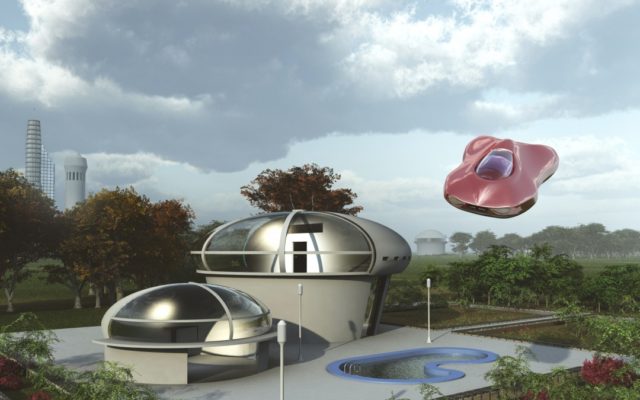As a child I was fascinated by technology. I had a couple of non-fiction books from the 60’s and 70’s. To us kids, the future was bright. We’ve seen it in the movies. We knew when we would be grown-ups, cars and skateboards would fly.
The future was to be created by inventors and scientists. Every child’s dream job.
We knew in order to be able to create the future we dreamt of, we would need to understand the world around us. We would be turning away from burning the most valuable commodity on earth in combustion engines. We would explore space. Fight gravity.
Technology would automate and simplify mind-numbing tasks and bone-breaking labour. We would be parents who have time for their kids. And be able to show them the beauty of the world.
Technology was meant to make this world a better place.
Cure Poison Digital
When personal computers became popular, they were our favourite toys. We were excited by the accessibility of information coming with the internet. We loved everything digital. The increasing availability of processing power and bandwidth had an amazing democratising effect:
Now everyone could join in and shape the future.
“Digital” became our credo. And over the last decades we’ve been throwing it at any problem. We marginalised or ignored everything we couldn’t solve with digital technology. We specialised. We split up into two species.
Those who understand the world.
And those who understand technology.
What’s wrong with “digital”?
Our enthusiastic but short-sighted use of digital tech has given us environments where human beings seem to be an annoying extension to tech. People suffer from sitting in front of desktop computers every day at work. Only to find themselves staring at an even smaller screen on their smartphones in their leisure time.
Time management has become worse than ever. We try hard to free up some offline hours for the kids but their time is even more fragmented by push notifications and the urge to stay close to a good wifi, than ours.
Hardly any work is done without a digital device. And it doesn’t seem less mind-numbing than work on an assembly line. And increasing health problems caused by computer work show that it might not be healthier either.
In terms of “making this world a better place” we did a pretty bad job.
And I say “we”, because I’ve been part of it.
How are we going to fix “digital”?
Ironically, especially those who are experts in artificial intelligence, machine learning, distributed ledger or other advanced technologies have become the strongest advocates of a human-centered approach.
Because to become an experienced expert in such a field took them approximately twenty years or more. So these people would have been kids three decades ago. They also grew up with non-fiction books from the 60’s and 70’s.
They still believe in technology. And they still want to make this world a better place. They work on renewable energy. Space exploration. Flying cars. They create digital products people love to use. They develop organisations and workplaces people enjoy to be at.
This human-centered approach is called “Digital Transformation”. And it is so much more than throwing more “digital” at the problems economy and society are facing.
Why “digital”?
Because we can’t turn back time.
Why “transformation”?
Because we need to fix “digital” by transforming what “digital” means to us.
Join the conversation on LinkedIn
Article by channel:
Everything you need to know about Digital Transformation
The best articles, news and events direct to your inbox
Read more articles tagged: Definition, Digital Disruption, Featured







